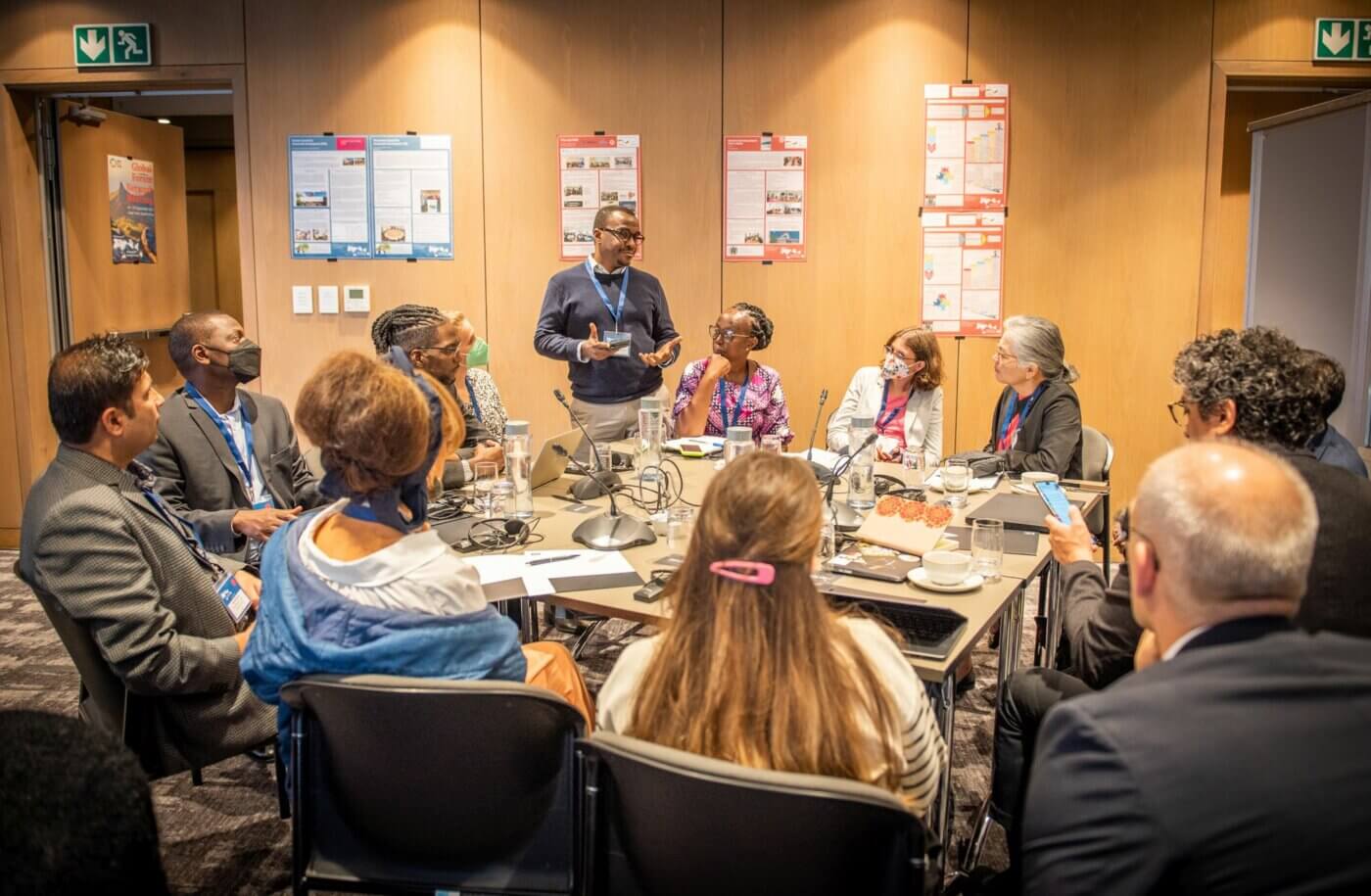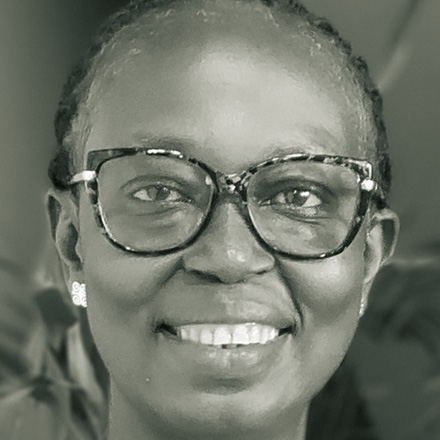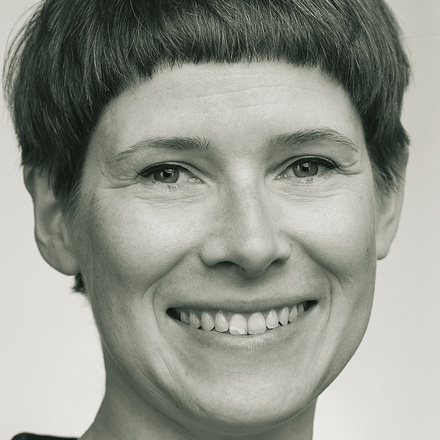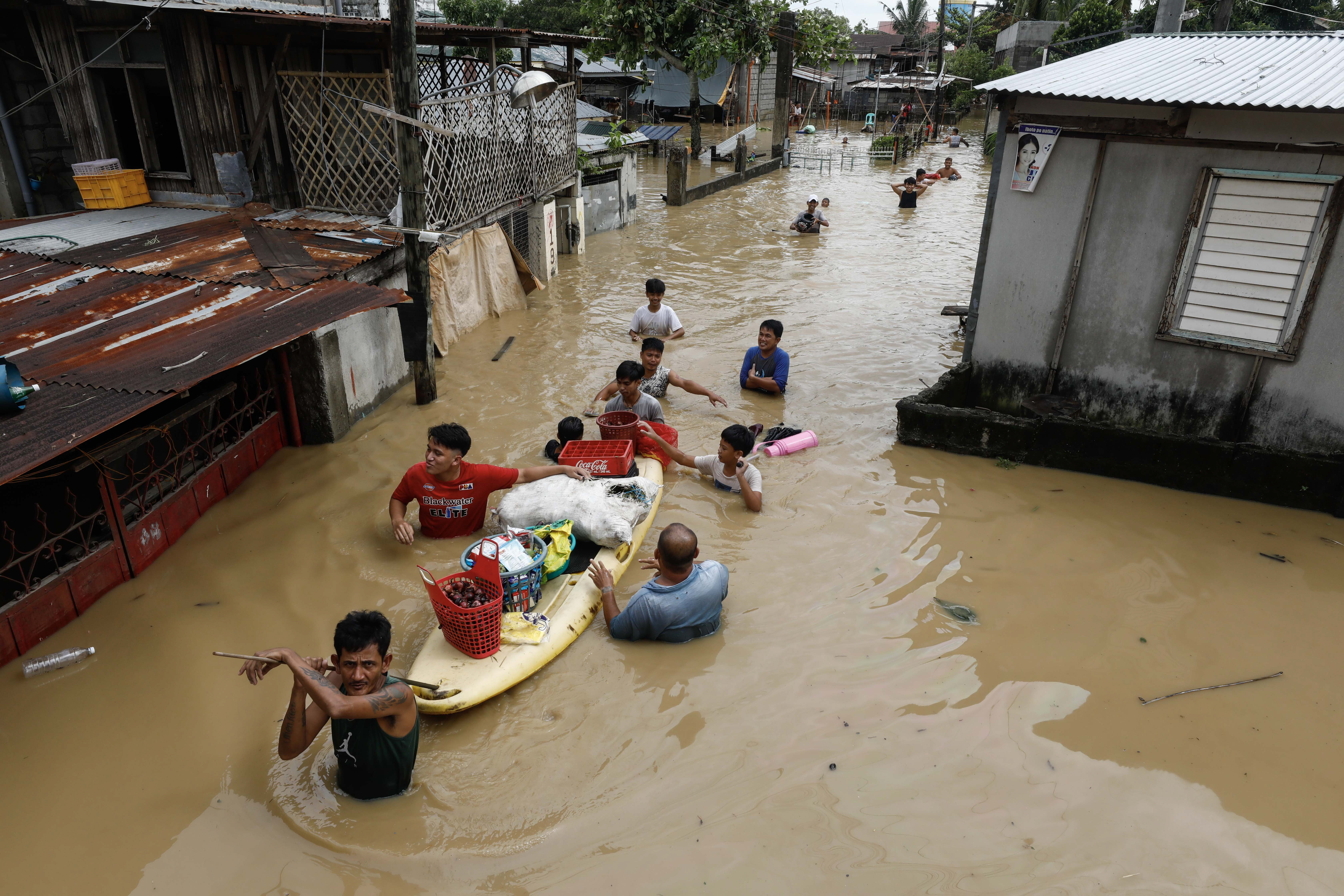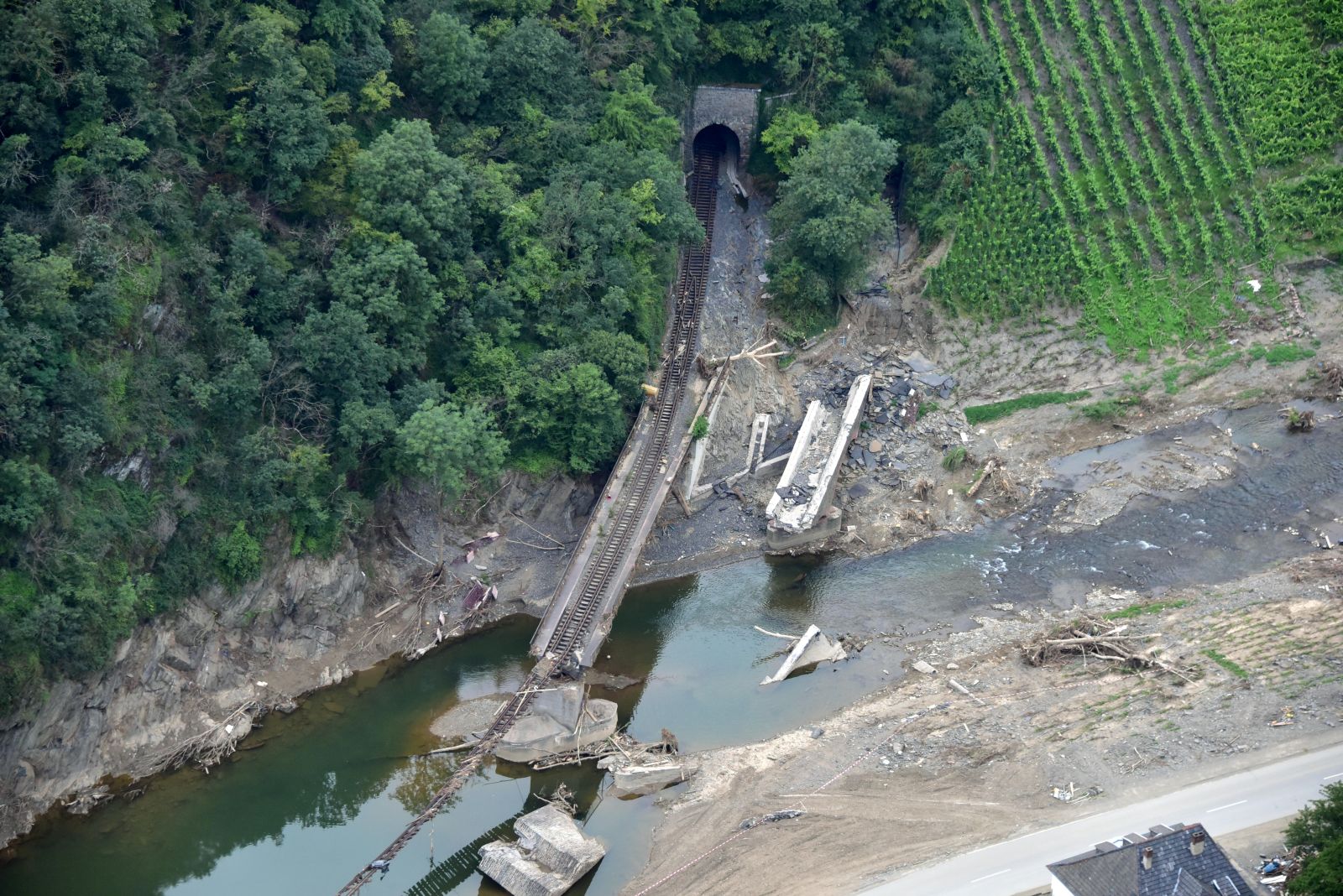United Nations
Agreement to keep negotiating
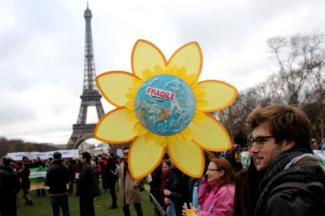
Almost all of the world’s governments have announced national plans to limit greenhouse-gas emissions. If implemented, they would still allow temperatures to rise by about 2.7 degrees. Unfortunately, that is a big “if”. The plans are called INDCs (for “intended nationally determined contributions”), and they are not legally binding. According to the Paris Agreement, governments are under legal obligation only to present INDCs and report on their implementation consistently and transparently.
The Paris Agreement thus does not solve humankind’s climate problem. Nonetheless, it may provide the basis for doing so. Basically, it is a binding agreement to keep negotiating further non-binding intentions. The idea is that governments will scale up their plans every five years, and that naming and shaming will put enough pressure on all parties to perform well.
At current trends, the environmental damages of climate change are set to spin out of control. All we have is a framework for achieving tougher action in future talks. There is no guarantee that this unconventional approach will work. All we know is that it can work. So we must now make it work.
The essential thing will be to accelerate the budding new industrial revolution, in order to shift from carbon-based energy systems to renewable ones. The technologies needed are available, but they need to be further refined. Huge investments are necessary. The private sector will have to play a part, and so must governments. Public agencies and multilateral institutions must drive change in a way that tells private-sector companies that climate-friendly investments will pay off. Investor confidence, by the way, will not primarily hinge on governments’ budgetary discipline, but on the political will to decarbonise economies. Public funding is obviously one expression of such determination.
It is a big step forward, moreover, that all governments have accepted responsibility for stemming climate change. It bears repetition, however, that the credibility of rich nations still depends on their own performance. Indian climate experts, for example, are tired of hearing lectures from European and North American counterparts who want India to cut emissions fast. The snag is that, per head, the USA is currently emitting about 10 times as much carbon as India does. Germany is emitting about five times more than India. If the so-called advanced nations want countries like India to stay on board the UN process, they will have to shore up their act. It will help, however, that the smog haunting India’s and China’s megacities results from the same fossil fuels that lead to carbon emissions. That is a strong incentive for change.
In the meantime, the impacts of climate change are becoming ever more evident all over the world. The topic will keep rising on the global agenda. International development agencies are already running various mitigation and adaptation programmes, which will certainly be scaled up after Paris. There is a certain risk that they will crowd out other important issues, even though official development assistance (ODA) is needed in other fields as well. The entire list of Sustainable Development Goals on the UN 2030 Agenda deserves donor attention. Climate change is a very important issue, but not the only one.
Hans Dembowski

